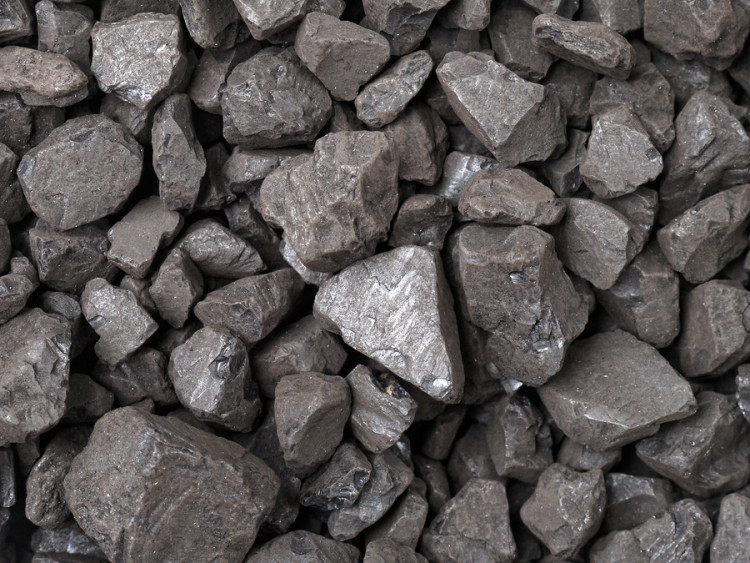How Government Can Pay Its Debt to Coal Country: Editorial

©2016 Bloomberg View
O1IXH26JTSEB
(Bloomberg View) — The decline of coal as a source of electric power is inevitable and well under way. This is a good thing, because whether measured by its effect on public health or its contribution to global warming, coal is more harmful than any other widely used source of electricity.
But there’s a human cost to this transition: unemployment in coal country. Over the past five years, as the U.S. coal mining industry has lost 94 percent of its market value, some 15,000 jobs have disappeared in West Virginia and Kentucky alone. West Virginia’s Boone County and Kentucky’s Union County have lost roughly one job for every 24 residents.
Although the pain has been cruelly concentrated, it should be of national concern. That’s not because the government is to blame; more than anything else, the low price of natural gas has undermined the market value of coal-fired power. But coal’s decline is accelerated by public policies designed to reduce deaths from air pollution and limit climate change. And while the government is right to restrict coal’s emissions, it should also help people deal with the consequences.
The regions that are suffering are ill-equipped to cope on their own. West Virginia’s 2014 per-capita income was $36,644, the lowest of any state save Mississippi; as of last November, just 49.5 percent of its residents were working, the lowest share in the country. Kentucky wasn’t faring much better, at 53.3 percent. The suicide rates in both states are among the nation’s highest.
Confronting Coal
The Obama administration has asked Congress to support a range of initiatives to help, including more job training. It also wants to direct the surplus in the federal abandoned mine lands fund, which is bankrolled by coal companies to clean up old mines, toward projects that create local employment. Providing wider broadband Internet service could help, too, by giving people more opportunities to access new markets. Congress has shamefully ignored the administration’s requests.
The administration also wants Congress to pay the pension and health-care obligations of coal mining companies that have gone bankrupt. This is a more challenging proposition, because it risks creating a precedent for beneficiaries of underfunded pension plans in other industries. But if the assistance can be arranged in a way that protects taxpayers from future claims, Congress should pay for this, too. The best way to support coal workers is to ensure they get the benefits they’ve already earned.
In opposing these changes, Republicans argue that the best way for the government to help coal workers is to turn back regulations on air pollution and greenhouse-gas emissions. That would sacrifice the broader public good and still fail to save the industry. The time when coal was king is past; what the communities it once sustained need now are alternatives.
www.bloomberg.com
–Editors: Christopher Flavelle, Mary Duenwald.
To contact the senior editor responsible for Bloomberg View’s editorials: David Shipley at davidshipley@bloomberg.net.
For more columns from Bloomberg View, visit http://www.bloomberg.com/view







No Comment